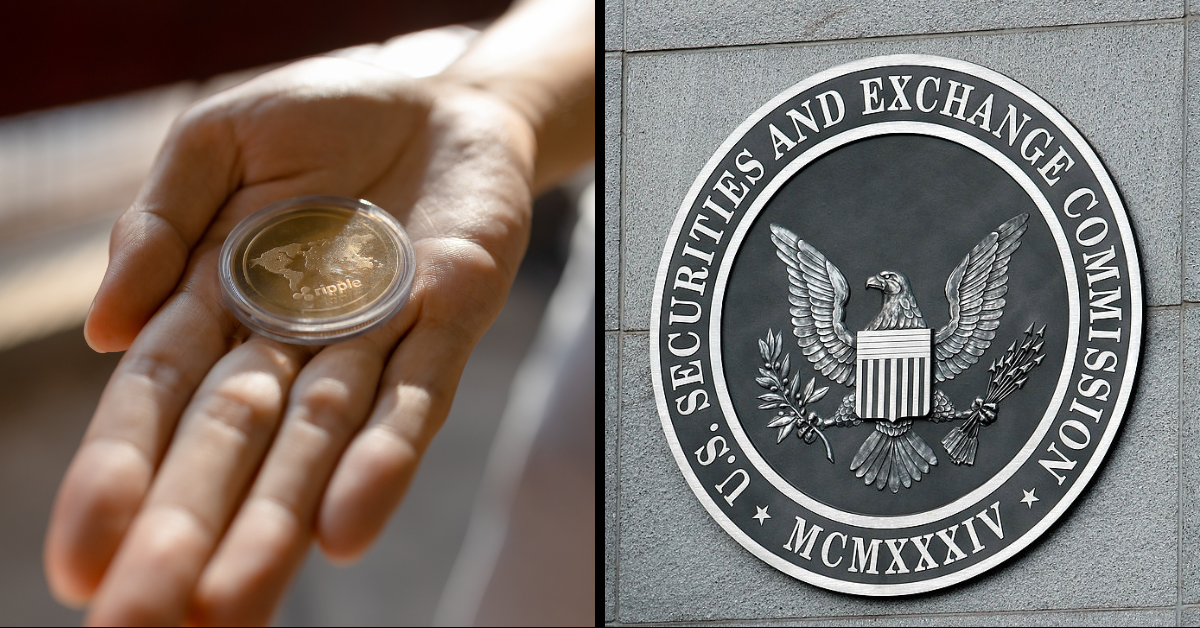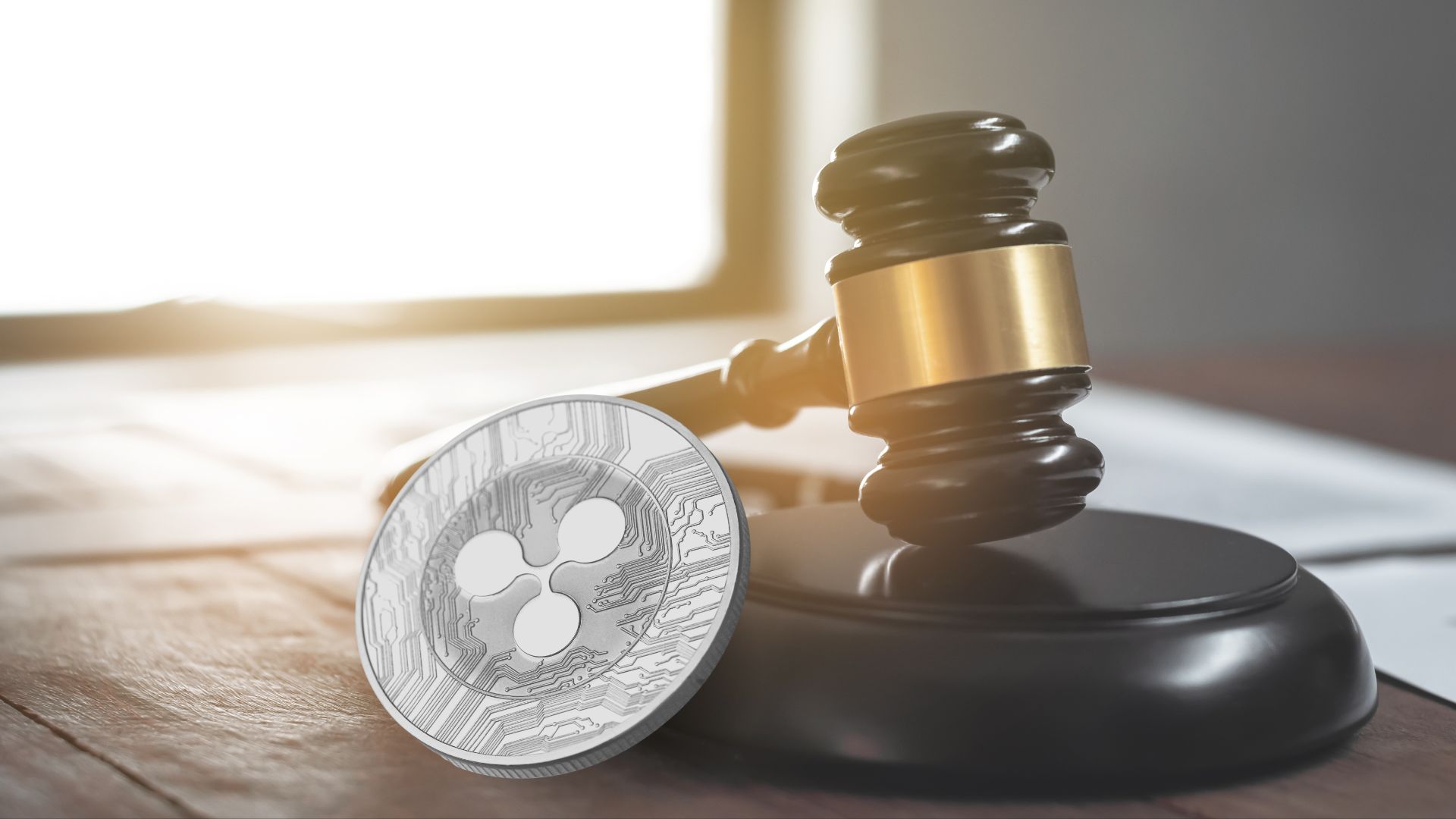The SEC Ripple XRP Lawsuit: A Comprehensive Analysis
The high-profile legal battle between the U.S. Securities and Exchange Commission (SEC) and Ripple Labs has drawn the attention of cryptocurrency enthusiasts worldwide. This lawsuit revolves around the classification of XRP as a security, sparking widespread debate about the regulatory framework governing digital assets. As the case progresses, its potential outcomes could significantly influence the future of the cryptocurrency industry. In this article, we will delve into the details of the lawsuit, explore its background, examine the key players, and analyze the implications of its possible outcomes.
The lawsuit initiated by the SEC against Ripple Labs accuses the company of conducting an unregistered securities offering through the sale of XRP tokens. This case transcends Ripple, serving as a benchmark for how regulators might categorize and regulate cryptocurrencies. Understanding the complexities of this legal dispute is crucial for investors, businesses, and crypto enthusiasts alike. This article will provide an in-depth exploration of Ripple and XRP's background, the legal arguments from both sides, expert opinions, and the potential consequences of this lawsuit.
Whether you're a seasoned crypto investor or a newcomer seeking to understand the implications of this lawsuit, this article will offer a comprehensive overview. We will discuss Ripple's origins and mission, the legal arguments presented by both parties, the reactions of the crypto community, and the possible outcomes of the case. Let us proceed.
Read also:Mason Felps Lighting Up The Last Call Tour With Chauvet Professional
Table of Contents
- Background of Ripple and XRP
- Overview of the SEC Ripple XRP Lawsuit
- SEC's Legal Arguments
- Ripple's Defense Strategy
- Key Players in the Lawsuit
- Impact on the Cryptocurrency Market
- Potential Legal Precedents
- Community Reactions and Opinions
- Possible Outcomes of the Lawsuit
- Conclusion and Call to Action
Background of Ripple and XRP
Ripple's Founding and Purpose
Ripple Labs was established in 2012 with the mission of transforming global payment systems through blockchain technology. Its flagship product, RippleNet, aims to revolutionize cross-border transactions by providing faster, more cost-effective, and efficient solutions. By addressing the inefficiencies inherent in traditional banking systems, Ripple seeks to redefine the financial landscape using cutting-edge blockchain solutions.
What is XRP?
XRP, the native cryptocurrency of the Ripple Network, functions as a bridge currency to facilitate seamless transactions across various fiat currencies. Unlike many other cryptocurrencies, XRP is pre-mined rather than mined, with Ripple Labs holding a significant portion of its supply. This distinctive characteristic has ignited debates regarding its classification as either a security or a utility token, adding complexity to the ongoing legal proceedings.
Overview of the SEC Ripple XRP Lawsuit
In December 2020, the U.S. Securities and Exchange Commission initiated a lawsuit against Ripple Labs and its executives, Bradley Garlinghouse and Christian Larsen. The SEC alleges that Ripple conducted an unregistered securities offering worth over $1.3 billion through the sale of XRP tokens. This legal battle has captured global attention due to its potential to redefine the regulatory landscape for cryptocurrencies in the United States. The implications of this lawsuit extend far beyond Ripple, as it could set a precedent for the classification of digital assets across the industry.
This lawsuit is pivotal because it challenges the fundamental classification of XRP as a security. The outcome of this case could have far-reaching consequences, influencing how other cryptocurrencies are regulated in the U.S. As the case unfolds, it continues to dominate discussions within the crypto community, drawing attention from investors, businesses, and regulators alike.
SEC's Legal Arguments
How the SEC Defines a Security
The SEC contends that XRP satisfies the criteria of a security under the Howey Test, a legal framework used to determine whether a transaction constitutes an investment contract. According to the SEC, Ripple Labs raised funds through the sale of XRP, promising investors profits derived from the company's efforts. This assertion forms the cornerstone of the SEC's argument against Ripple.
Key Evidence Presented by the SEC
- Ripple's marketing materials positioning XRP as an investment opportunity.
- Internal communications indicating that XRP was treated as a financial asset by Ripple.
- Sales of XRP to institutional investors without the necessary disclosures, further supporting the SEC's claim that XRP functions as a security.
Ripple's Defense Strategy
Ripple's Position on XRP
Ripple Labs argues that XRP is not a security but a utility token designed to enhance transaction efficiency. The company maintains that XRP operates independently of Ripple's business operations and does not meet the criteria of an investment contract as defined by the Howey Test. This defense underscores Ripple's commitment to distinguishing XRP as a tool for facilitating transactions rather than an investment vehicle.
Read also:Elon Musks Visionary Creation The Rise Of Optimus Teslarsquos Humanoid Robot
Strategic Moves by Ripple
- Ripple has filed motions to dismiss the case based on procedural and legal grounds.
- The company is seeking discovery from the SEC to uncover its stance on other cryptocurrencies, aiming to establish inconsistencies in the regulatory approach.
- Ripple highlights the global adoption of XRP as evidence of its utility, reinforcing its argument that XRP serves a practical purpose beyond investment.
Key Players in the Lawsuit
Ripple Executives
Bradley Garlinghouse, Ripple's CEO, and Christian Larsen, its co-founder, are central figures in the lawsuit. Both have played active roles in defending Ripple's position, shaping the narrative surrounding the case through their leadership and public statements. Their involvement underscores the personal stakes for Ripple's leadership in this legal battle.
SEC Officials
The SEC's enforcement team, led by key officials, has been instrumental in prosecuting the case. Their expertise in securities law and commitment to regulatory enforcement are critical in shaping the legal arguments against Ripple. The SEC's involvement reflects its broader mission to protect investors and maintain fair, orderly, and efficient markets.
Impact on the Cryptocurrency Market
The SEC Ripple XRP lawsuit has significantly impacted the cryptocurrency market, contributing to heightened volatility in XRP's price. Many exchanges delisted XRP following the lawsuit, complicating its trading dynamics and increasing uncertainty among investors. However, the lawsuit has also prompted discussions about the need for clearer regulatory guidelines. Industry stakeholders emphasize the importance of striking a balance between protecting investors and fostering innovation in the rapidly evolving crypto space.
Potential Legal Precedents
The outcome of the SEC Ripple XRP lawsuit could establish crucial legal precedents for the cryptocurrency industry. A ruling in favor of the SEC may lead to stricter regulations for digital assets, potentially affecting the development and adoption of new cryptocurrencies. Conversely, a victory for Ripple could reinforce the classification of XRP as a utility token, encouraging further innovation and adoption of digital assets. The implications of this case extend beyond Ripple, shaping the regulatory landscape for the entire crypto industry.
Community Reactions and Opinions
Support for Ripple
A significant segment of the crypto community has rallied behind Ripple, arguing that the lawsuit stifles innovation. Supporters believe that clearer regulations, rather than litigation, are necessary to address the complexities of digital assets. This perspective reflects a broader concern about the regulatory environment's impact on the growth and development of the cryptocurrency industry.
Criticisms of the SEC
Some critics accuse the SEC of overreach, suggesting that its approach may hinder the growth and adoption of cryptocurrencies. They argue that the SEC should focus on providing comprehensive guidance and frameworks rather than resorting to litigation. This criticism highlights the tension between regulatory enforcement and fostering innovation within the crypto space.
Possible Outcomes of the Lawsuit
Potential Settlement
A possible resolution to the lawsuit could involve a settlement between Ripple and the SEC. Such a settlement might entail Ripple agreeing to adopt specific regulatory measures in exchange for dismissing the lawsuit. This outcome could provide clarity and guidance for other companies operating in the crypto space, helping to define the regulatory landscape for digital assets.
Court Ruling
If the case proceeds to trial, the court's ruling will have far-reaching implications for the cryptocurrency industry. A ruling in favor of the SEC could lead to increased scrutiny and regulation of other cryptocurrencies, while a ruling for Ripple might encourage broader adoption and innovation in the digital asset space. The outcome of this case will undoubtedly shape the future of cryptocurrencies and their regulation.
Conclusion and Call to Action
The SEC Ripple XRP lawsuit represents a critical juncture for the cryptocurrency industry, highlighting the ongoing tension between innovation and regulation. As the case progresses, its outcome will significantly influence the future of digital assets and their regulatory framework. Staying informed about the developments in this case is essential for understanding the evolving landscape of the crypto industry.
We encourage readers to remain engaged with the latest updates on this case. Share your thoughts and insights in the comments below and explore other articles on our site for additional perspectives on the world of cryptocurrencies. Together, we can deepen our understanding of the regulatory challenges and opportunities shaping the crypto industry.
Data Sources:


